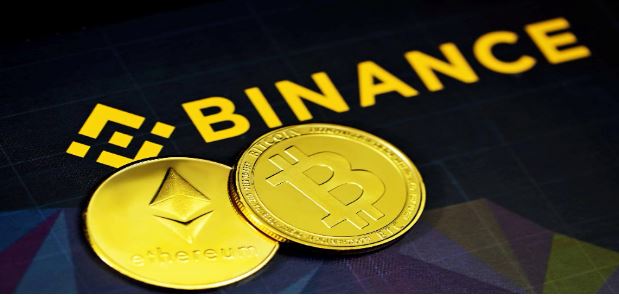Binance’s native BNB token drops to its lowest level since July amid withdrawal concerns and FTX ties

It has been over a month since FTX collapsed, but investors’ concern over Binance has not lessened. In the past week, Binance’s native token, BNB, has declined 15%, including a decline of over 6% in the last 24 hours. BNB, first minted in 2017, ranks fifth in market capitalization among all cryptocurrencies, with a market value of approximately $39 billion, according to CoinMarketCap. Only bitcoin, ethereum, tether, and USD Coin rank higher. FTX’s bankruptcy proceedings are the latest issue confronting Binance. FTX was the first outside investor to invest in Binance. Binance received a payment of approximately $2.1 billion in exchange for exiting its equity position in the company last year.
In an interview with CNBC’s “Squawk Box” on Thursday, Binance CEO Changpeng Zhao dismissed concerns that his company could have that money clawed back as FTX winds its way through bankruptcy court and trustees look to retrieve any fraudulent conveyances made by FTX to outside businesses or investors. “We are financially OK,” Zhao said, after he was asked by CNBC’s Becky Quick if the company could handle a $2.1 billion demand. Crypto investors have become wary of top executives’ comments about their companies’ financial health. Sam Bankman-Fried, the founder and former CEO of FTX, stated on Twitter that the assets of his company were fine, even though executives knew that the exchange was experiencing a liquidity crunch that ultimately resulted in its bankruptcy. Bankman-Fried was arrested this week in the Bahamas and charged by U.S. prosecutors with fraud and money laundering. Withdrawal demands are another area of concern. Zhao said that around $1.14 billion of net withdrawals took place on Tuesday but tweeted that this was “not the highest withdrawals we processed, not even top [five].” On Wednesday, he said the situation had “stabilized.” Blockchain analytics firm Nansen said the withdrawal on Tuesday reached as high as $3 billion.